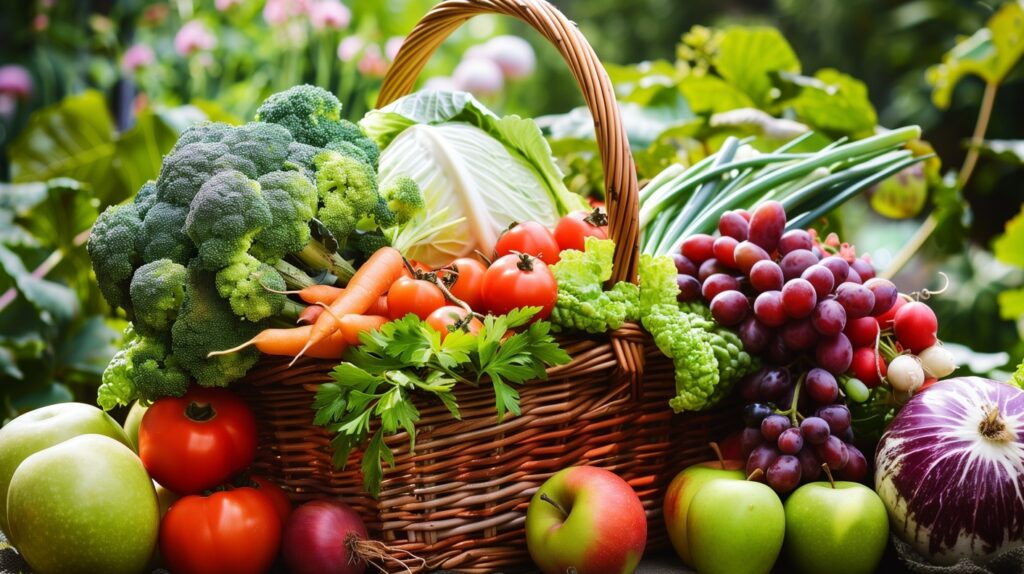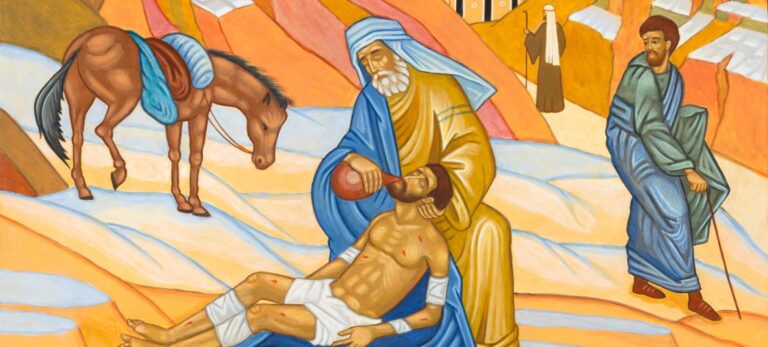
A CHRISTIAN REFLECTION ON WORLD FOOD DAY

Today, on October 16, the United Nations invites the world to pause to mark World Food Day, calling us to unite against hunger. This notion deeply resonates with the heart of the Christian faith.
World Food Day reminds us that together we can grow, nourish and sustain our world. God’s creation is indeed abundant; the earth has the capacity to produce enough food for everyone. And yet, millions still go to bed hungry. That’s because hunger is not just a matter of scarcity, but of access, justice and compassion.
Jesus identified with the hungry when he said “For I was hungry and you gave me something to eat” (Matthew 25:35). James 2:15‑16 challenges us plainly: “Suppose a brother or a sister is without clothes and daily food. If one of you says to them, ‘Go in peace; keep warm and well fed,’ but does nothing about their physical needs, what good is it?”
In today’s world, feeding the hungry is not only about generosity. The uneven distribution of resources that results in poverty in so many parts of the world also calls for fairness and justice.
This year’s theme emphasizes togetherness. That’s because hunger is a global challenge that requires a united response, not just from governments, but from communities, churches and individuals working hand in hand. The Christian vision of community mirrors this notion perfectly. In Acts 2:44‑45, the early believers “were together and had everything in common. They sold property and possessions to give to anyone who had need.” This radical notion was based on the love they had for one another.
As we reflect on World Food Day, let’s consider some ways we can embody this spirit:
- Pray forfarmers in vulnerable regions facing the challenges of climate change, conflict and economic instability.
- Support local food banks and global hunger relief initiatives. Even small acts like sharing a meal or donating to a feeding program can impact the hungry in ways we may not realize.
- Recognize that how we consume and waste food impacts the sustainability of resources for future generations.
The Christian motivation to help is rooted in the fact that every person is made in the image of God (Genesis 1:27) and is entitled to dignity, nourishment and care.
In a world where abundance and hunger coexist, the Church can be a beacon of hope and provision. Let’s commit ourselves to justice, mercy and stewardship, because food is not only a sustenance for the body, but a symbol of God’s abundance meant to be shared with all. May our actions, however small, help to grow, nourish and sustain a future where no one is left behind.
Eugene Aucoin is a retired human resources director and university professor. He spoke around the world about nurturing human potential, but his passion is sharing his love for the teachings of Jesus. His first book Has Science Killed God? won Asia’s best Catholic book of the year in theology in 2020. His latest book, with Novalis, is The Beatitudes: Eight Steps to Inner Peace and Happiness. Eugene also gives seminars about faith.


